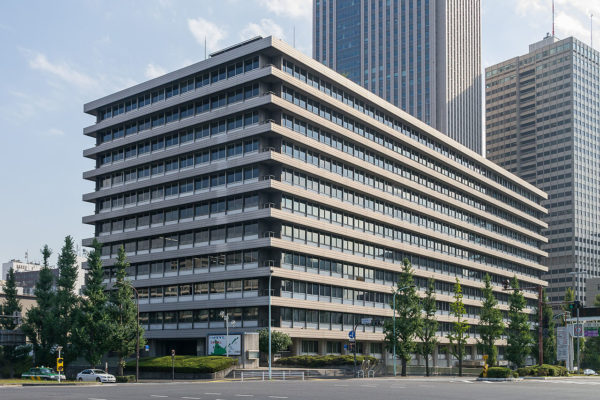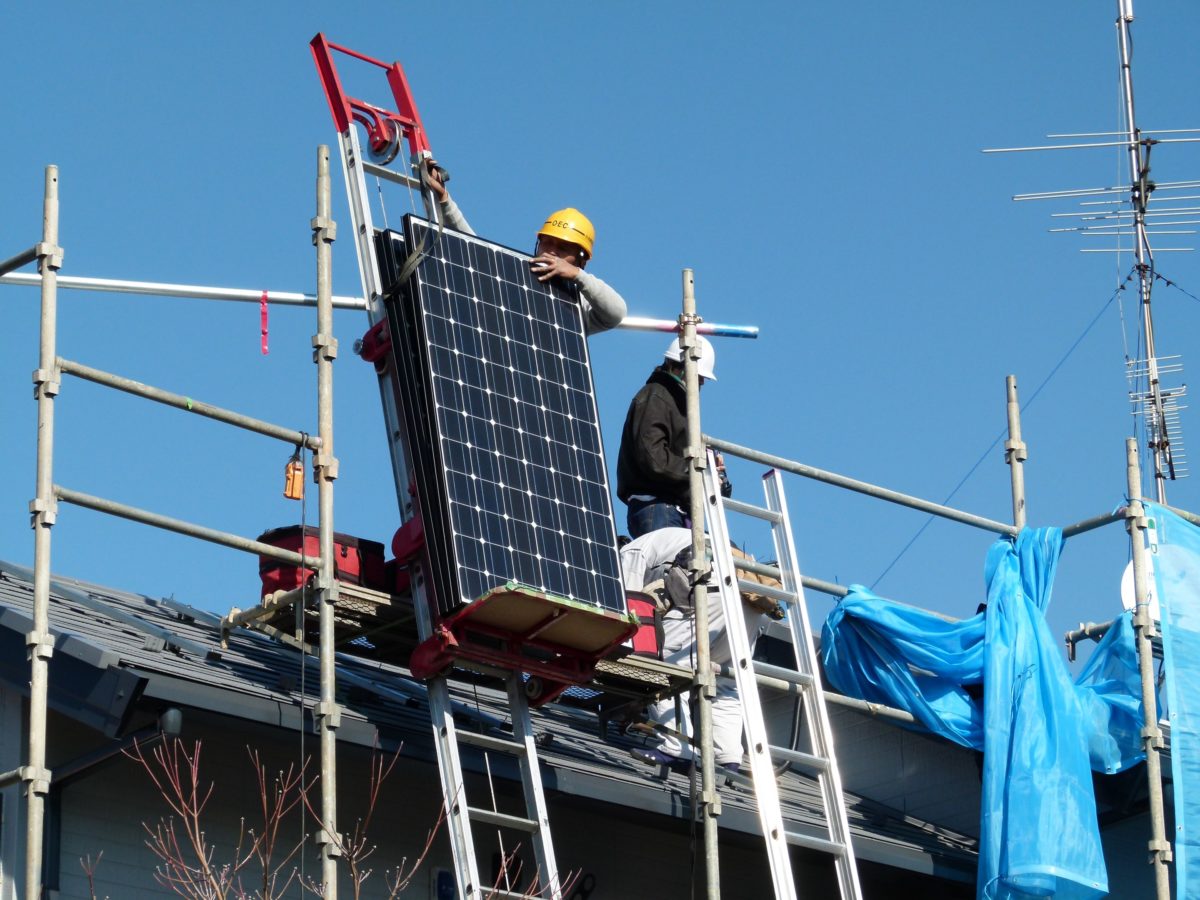
Image: Rs142, wikimedia commons
Japan’s Consumer Affairs Agency has warned homeowners of fire risks from residential PV systems.
In a report published by its Consumer Safety Investigation Commission, the agency said 127 fire accidents related to rooftop solar systems were recorded in the years 2008-2017. Seven led to burnt roofs, after installations were laid on surfaces which included combustible materials, the report revealed. According to the report, an estimated 110,000 residential PV system owners in Japan – of around 2.4 million in total – have deployed installations on rooftops which include combustible materials, and they should conduct continuous inspections.
The report also highlighted specific fire incidents, showing pictures of burnt cable, panels and roofs. According to the study, however, the fire came from modules or cables in only 13 cases.
The Japan Photovoltaic Energy Association (JPEA) told pv magazine it will take the matter seriously and will hold a press conference on Tuesday. “[The] JPEA has to deal with this as carefully as possible so that Japanese people should not bear [a] negative image in mind about solar PV generation, and in view of solar PV users’ protection,” the association stated.
The JPEA has also published a document containing instructions on avoiding fire incidents. The industry body added, the fire risk issue should not be used as an argument against Japan’s transition towards clean energy. “Some media are exaggerating the matter, too much,” it said.
The nuclear debate
Japan is debating whether nuclear power should be further deployed after the government decided to continue its policy of restarting nuclear power plants. According to a recent report published by the Saudi King Abdullah Petroleum Studies and Research Center, the process of regaining support for nuclear in Japan is expected to take several years of domestic political debate. The report said despite the turbulence seen in Japanese politics in 2017, the trend of slowly growing political will in favor of nuclear appears unchanged.
Popular content
Former prime minister Junichiro Koizumi – in office from 2001 to 2006 – spoke out against the plans in an interview with The Asahi Shimbun newspaper recently. Claiming nuclear power is not safe, low-cost and clean, Koizumi said despite the shutdown of several nuclear reactors for two years after the Fukushima disaster in 2011, no power shortages were reported.
Japanese manufacturing corporation Hitachi announced this month it has decided to suspend its new nuclear power stations project in the U.K. “The decision was made from the viewpoint of Hitachi’s economic rationality as a private enterprise,” the company said.
Is solar cost competitive?
In the U.K., solar and other renewables are considerably cheaper than new nuclear facilities, while in Japan the cost of solar – and large-scale PV in particular – is still high for the time being. In the latest auction for utility-scale PV, held late last month, the final average price of power was ¥15.01 ($0.136) per kWh, with a lowest bid of ¥14.25 and an highest of ¥15.45.
However, solar may be already competitive against nuclear power in Japan, as noted by former International Energy Agency executive director Nobuo Tanaka in a recent interview with The Asahi Shimbun. “Building a new nuclear power plant is ridiculously expensive as it will cost more than ¥1 trillion to install just one nuclear power reactor,” Tanaka said. “It’s utterly uncompetitive.”
This content is protected by copyright and may not be reused. If you want to cooperate with us and would like to reuse some of our content, please contact: editors@pv-magazine.com.



Seriously. 13 cases related to the actual cables or modules out of 110,000 installations. That’s less than 0.02% failure rate. Why are are we talking about this?
There should be a developmental ground-mount (single-axis tracked dual module) lifespan standard to accommodate Oxford PV’s tandem perovskite module commercialization to a ten year standard as opposed to a rooftop 20 year standard.
The reasons for this are simple;
1:) Ground mounted peak temperatures are an entirely unique and longevity-friendly atmosphere compared to hostile roof mounted.
2:) Ground mounted can be more frequently inspected and serviced based on refined electronic monitoring at the control panel display.
3:) Rapid advancement rates of efficiency predicate the upgrade economic feasibilities perhaps as soon as 7 years anyway.
4:) most potential installations for emergency backup power and westward orientation of tracking can peak shave at the most needed times of day in hot afternoons and evenings just before sunset.
5:) This would more quickly open the door for commercialization of tandem PV.
The simple reasoning continues.
Please forward to Dr. Snaith at Oxford PV